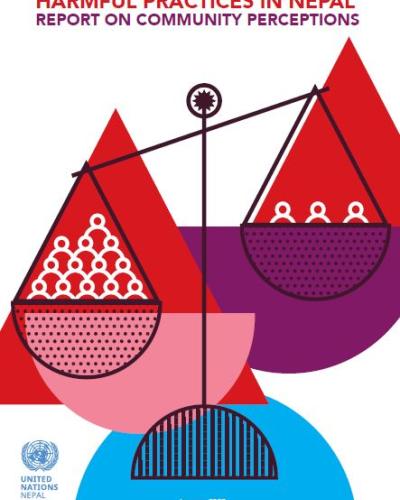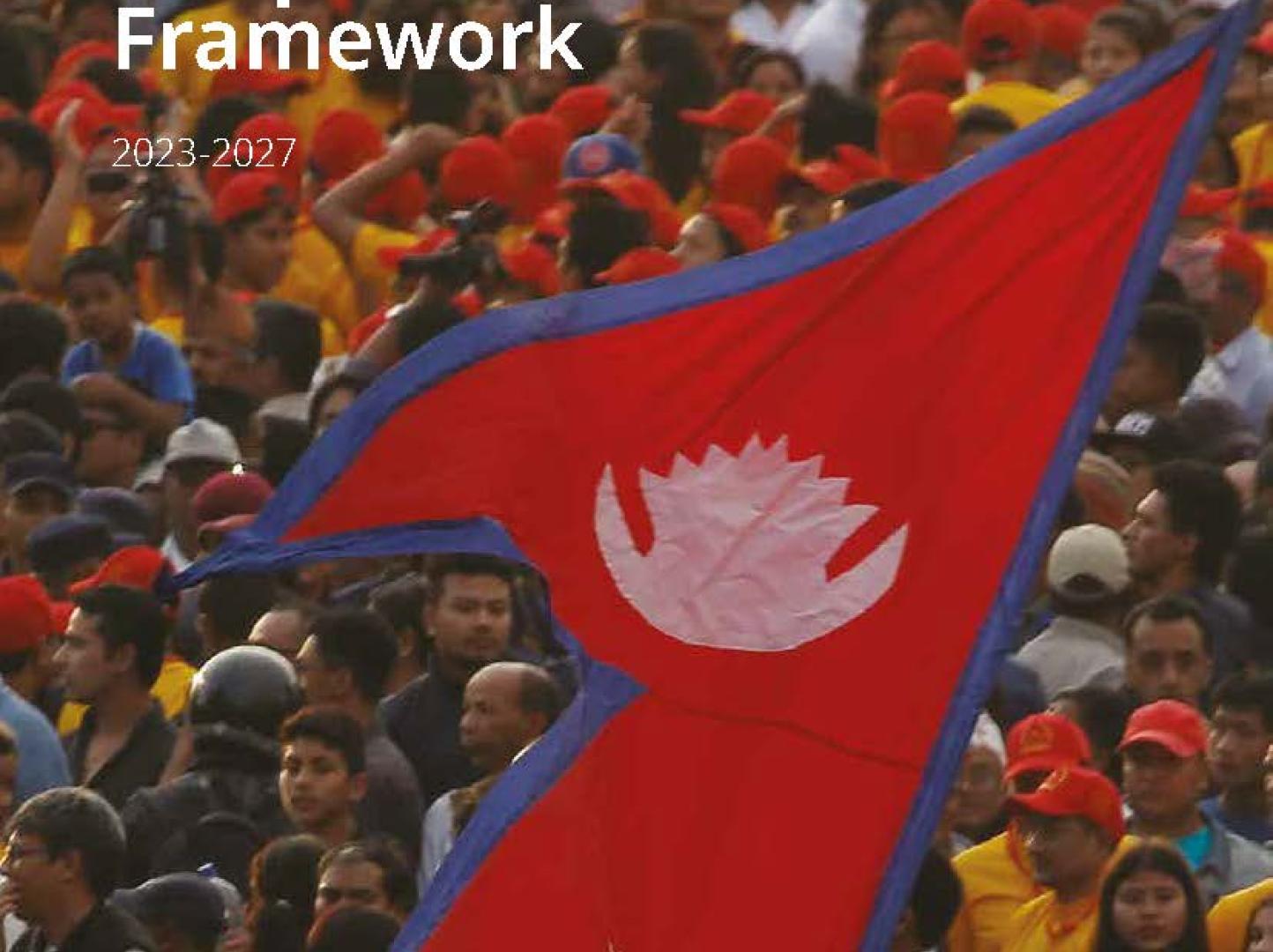Harmful Practices in Nepal : Report on Community Perceptions

Harmful practices are prevalent and often perceived as traditional and normal in the communities in which they are practiced, however, they prevent individuals and groups from reaching their full potential. Many are denied dignity and freedoms as a result of harmful practices. Based on the results of the 2017 Community Perception Survey, the UN Country Team (UNCT) recognized harmful practices as a serious barrier to development outcomes, particularly for women and girls. These practices hinder inclusive governance and political participation, economic development, education, agricultural development, health and more, and ultimately prevent the realization of the 2030 Agenda and the principle of Leaving No One Behind.
Therefore, the UNCT established the Harmful Practices Working Group (HPWG) in 2018 to support an informed, coordinated and coherent approach to addressing harmful practices across outcome areas of the UN Development Assistance Framework (UNDAF) 2018-2022. It is recognized by the UNCT that addressing harmful practices requires a systematic, multi-sectoral, and multi-level approach which targets structural inequality and gender discriminatory social norms.






